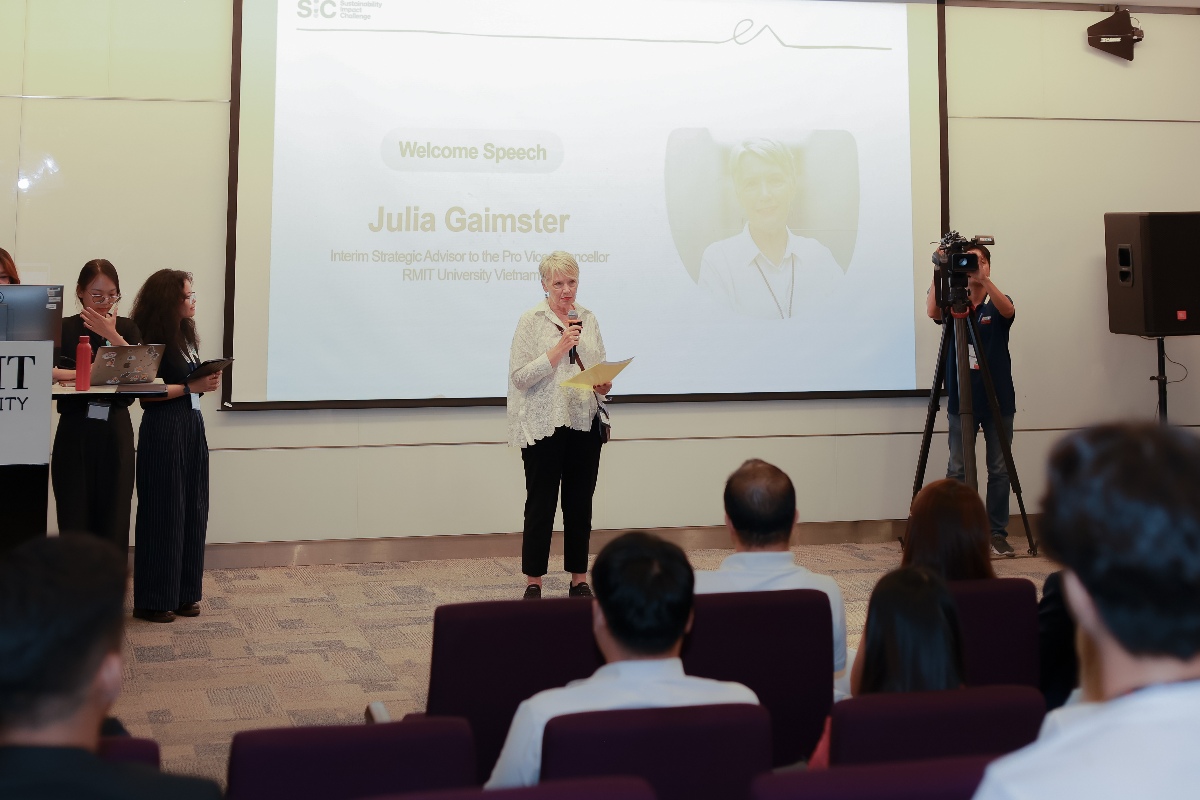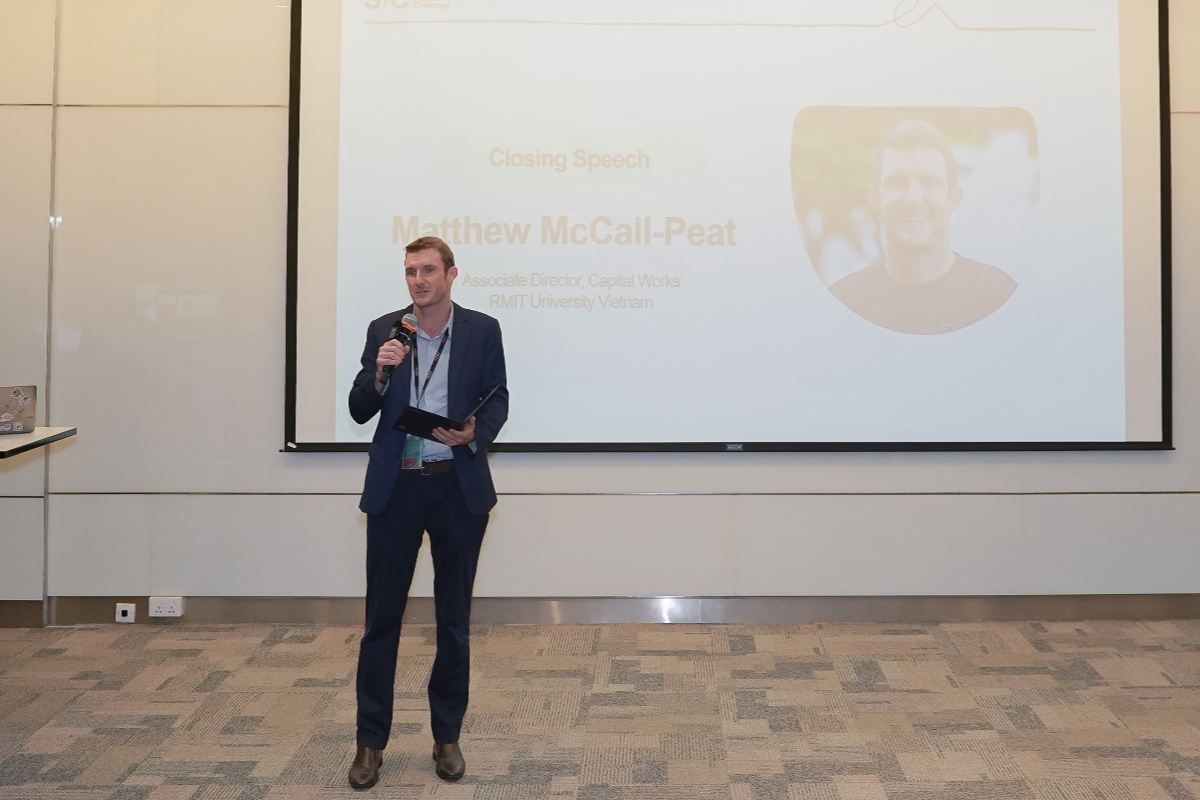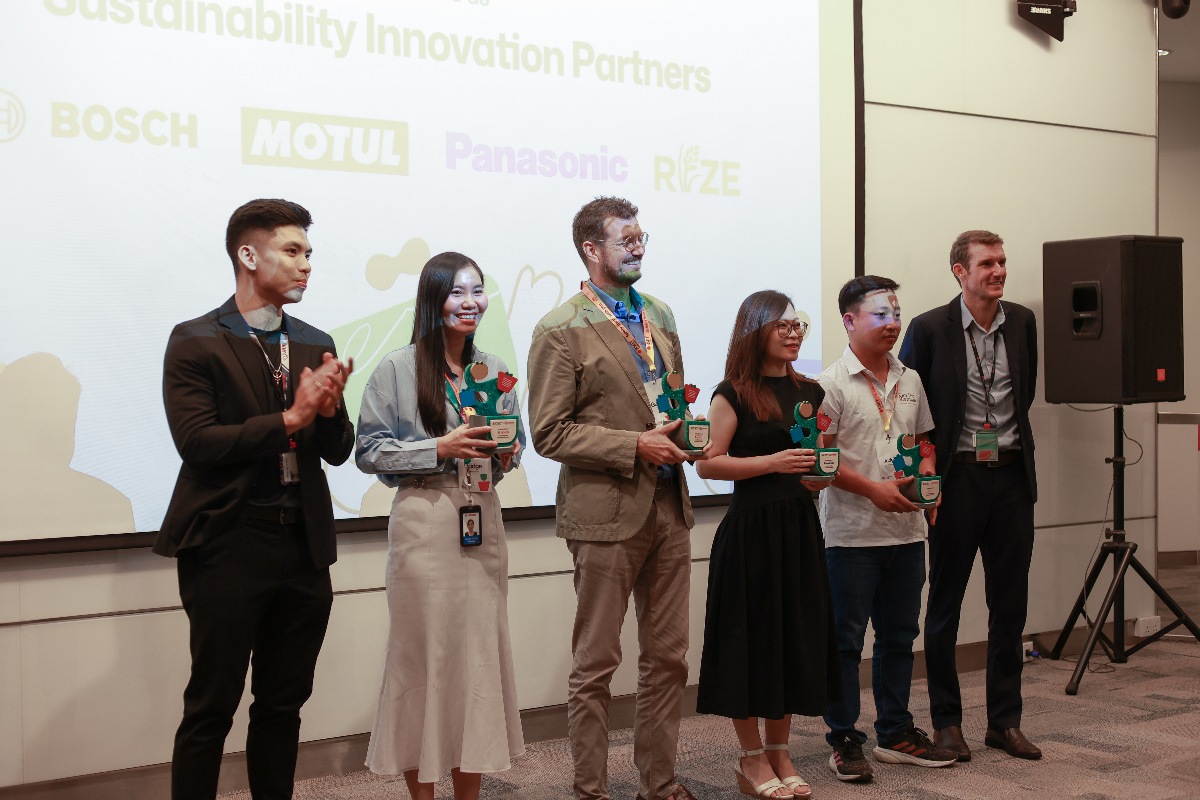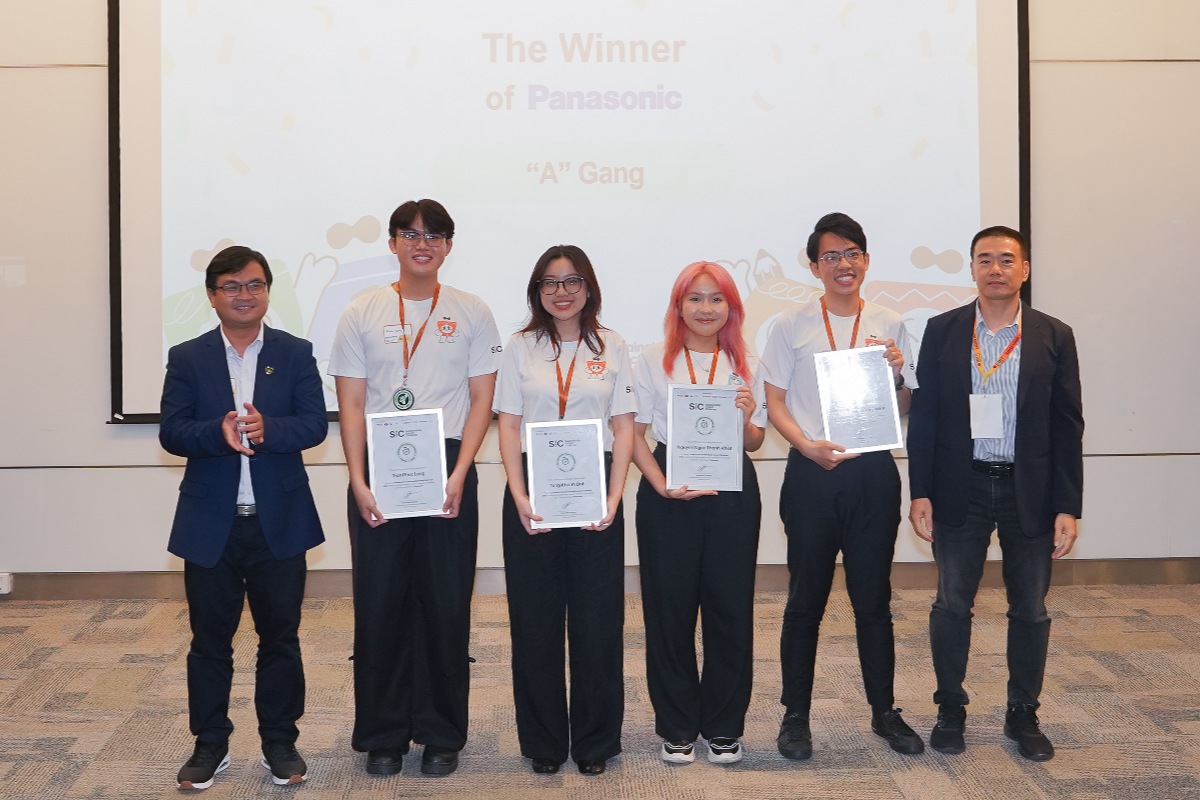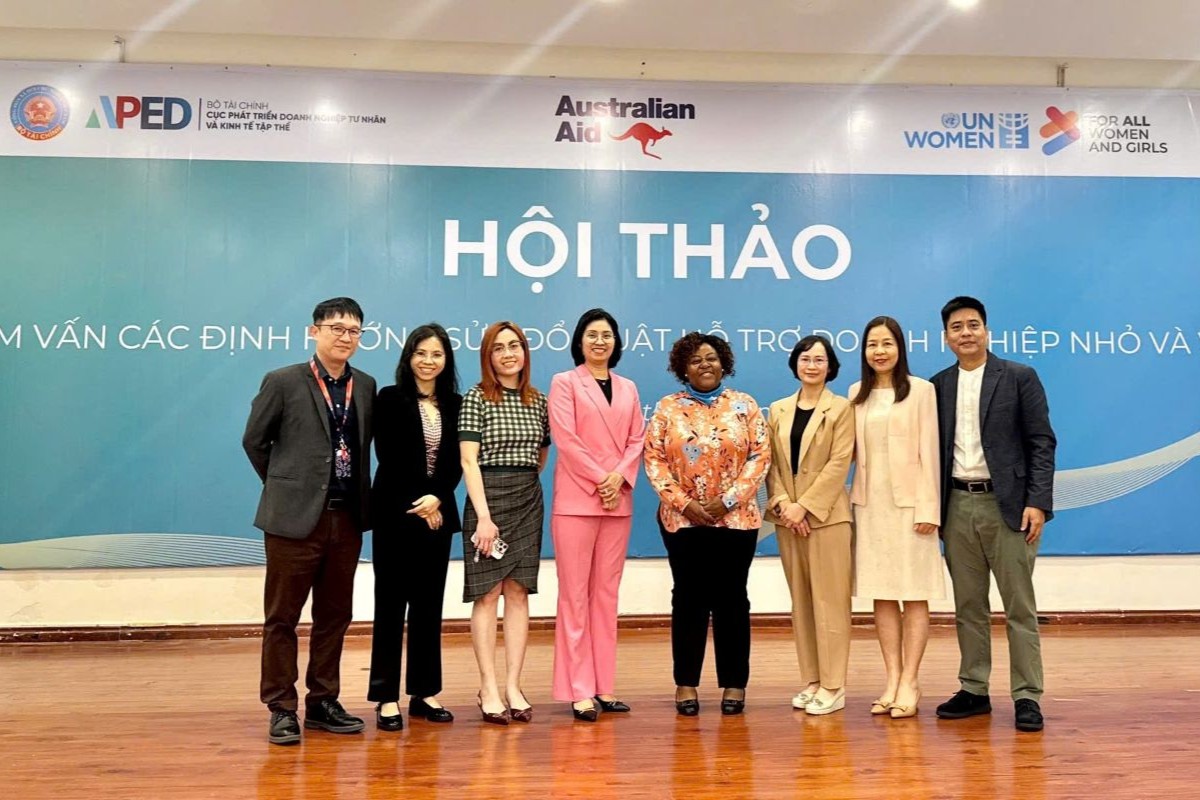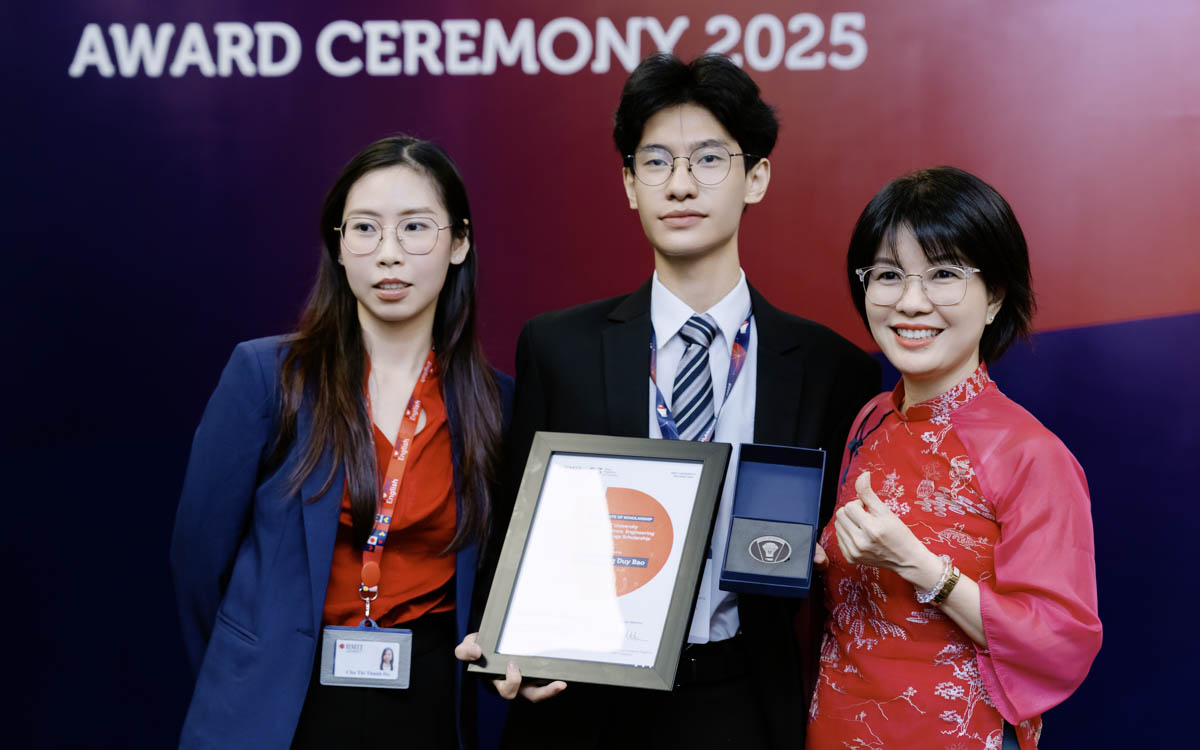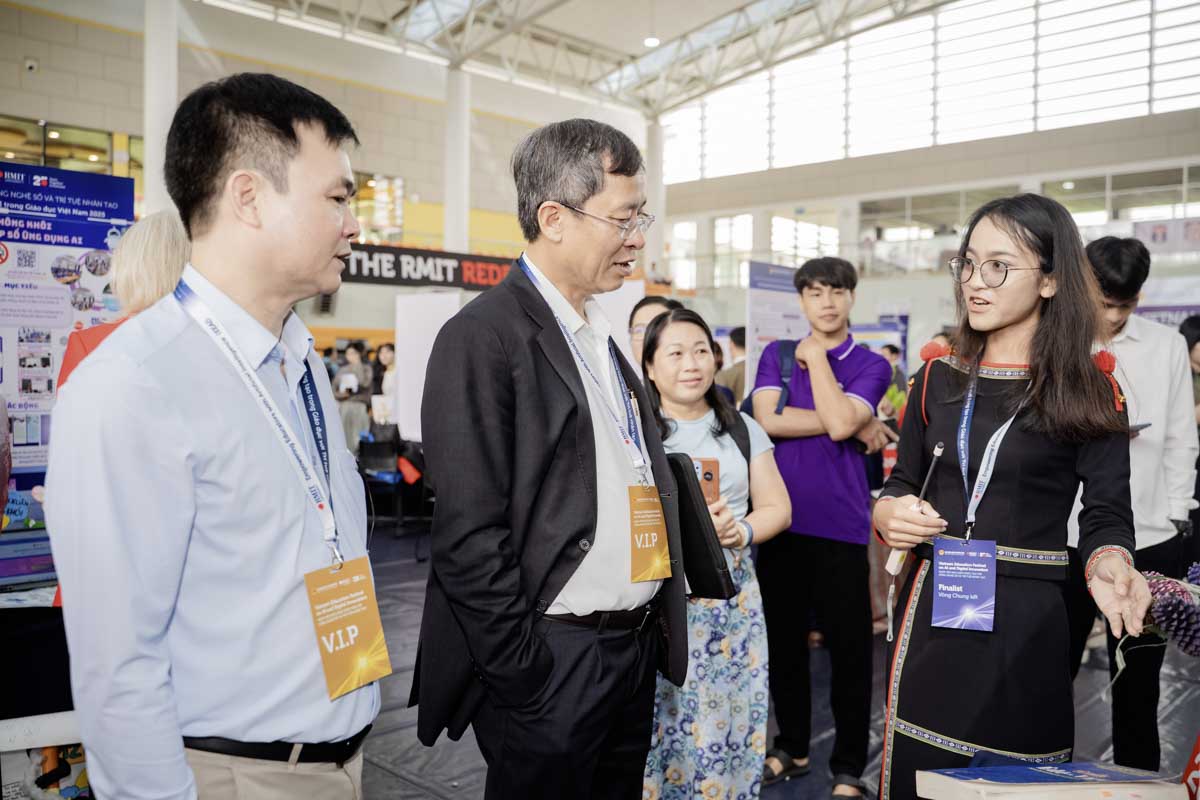Leadership capability at the heart of Vietnam’s SME growth agenda
A UN Women-RMIT partnership is helping advance leadership capability and support Vietnam’s SME development agenda.
RMIT Vietnam announces record 2026 scholarships worth more than 200 billion VND
RMIT Vietnam continues long-term commitment to talent development with its record 2026 Scholarship program worth more than 200 billion VND.
Female anaemia rising as male cases fall in Vietnam
A study has revealed a growing gender divide in Vietnam’s anaemia burden, with rates rising among women while steadily declining among men.
Vietnam Education Festival honours AI innovations in education
Co-organised by the Ministry of Education and Training (MOET) and RMIT Vietnam, the Vietnam Education Festival on AI and Digital Innovation 2025 created a nationwide platform for teachers to connect, learn and share best practice.

